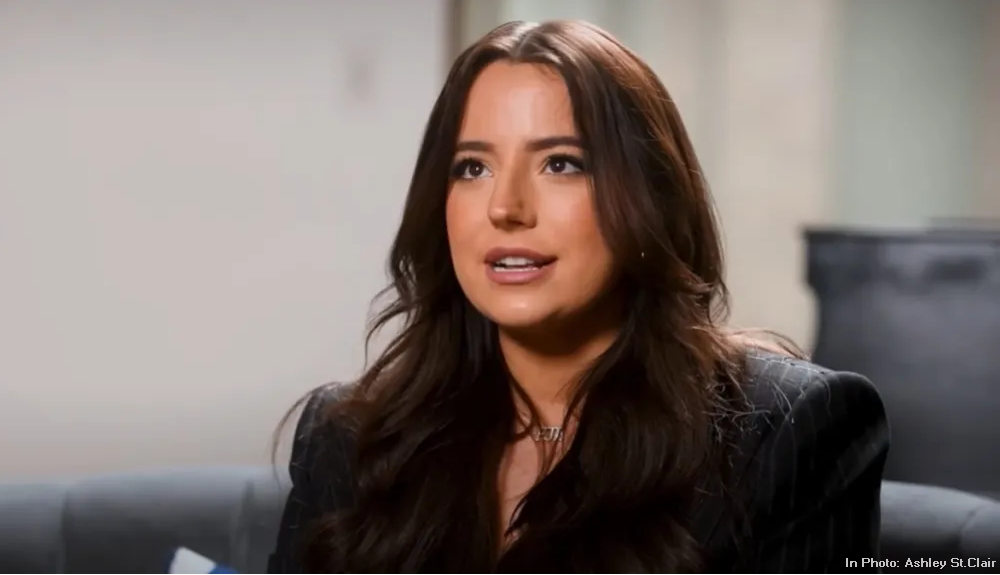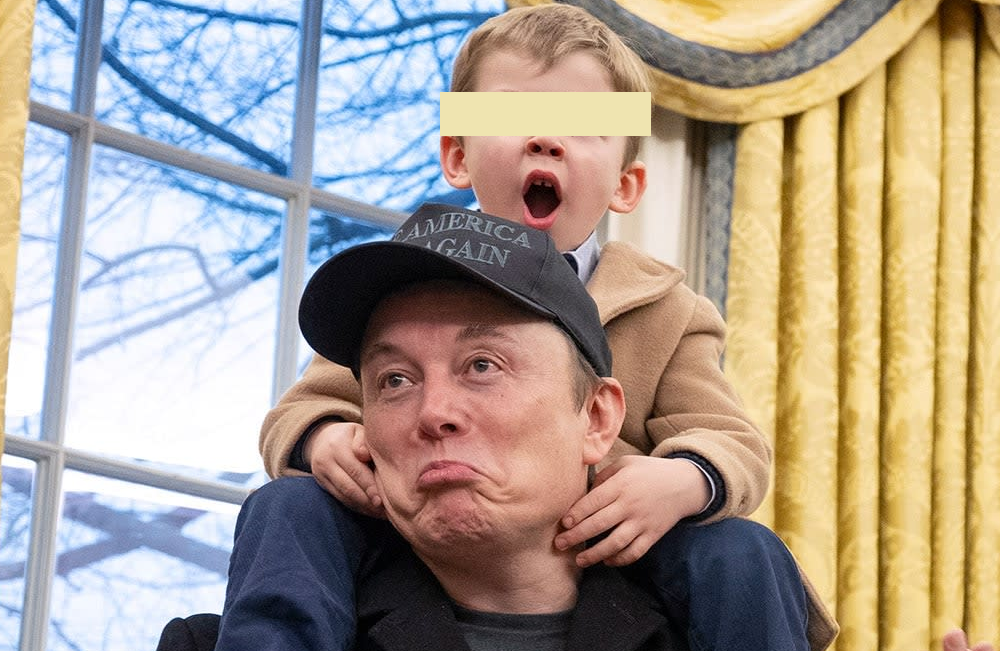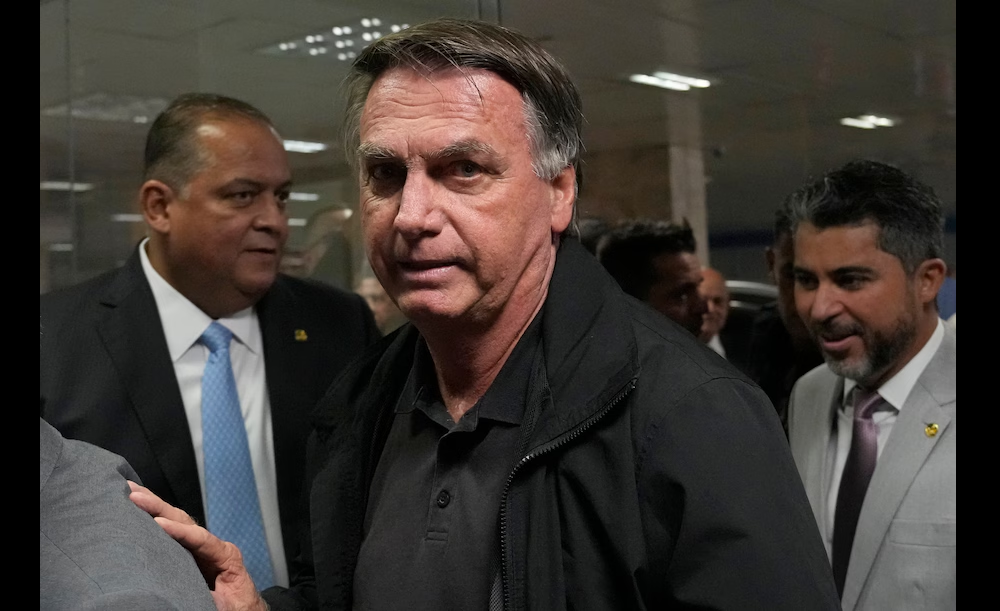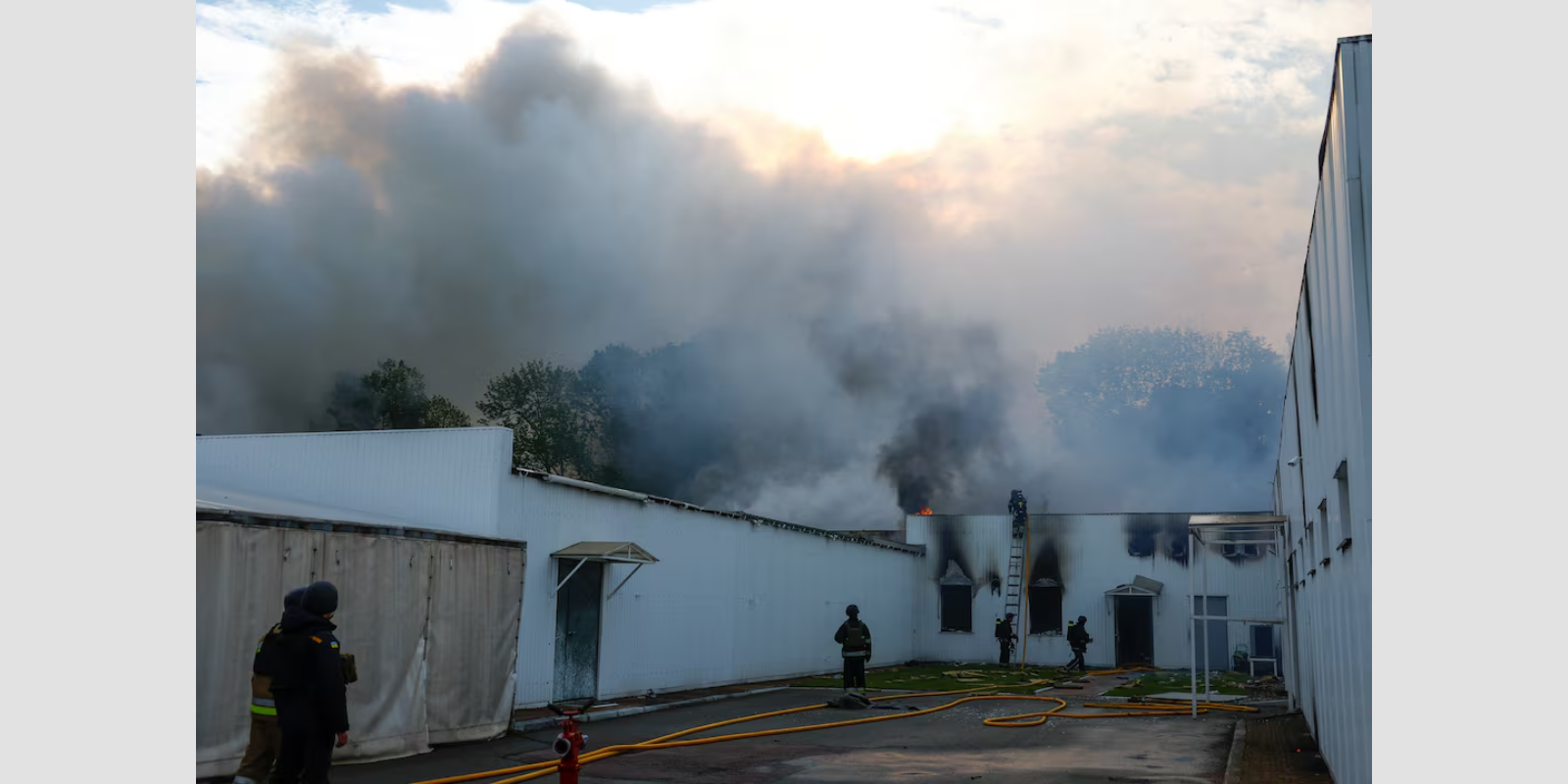Trump and Putin hold joint press conference in Alaska after summit Photograph: Anadolu via Getty Images
A new Oval Office showdown with Zelensky looms after Alaska
Aug 16th 2025 ©The Economist
BEFORE HIS meeting with Vladimir Putin in Alaska, Donald Trump reportedly called Norway’s finance minister to float the idea that he should win a Nobel prize once he had secured peace in Ukraine. Instead, the summit has handed Mr Putin what he wanted: a red carpet and a chance to boast that Russia’s isolation is over even as he ramps up pressure on the battlefield. In return, Mr Putin provided nothing: no ceasefire, no roadmap, not even a token concession. They spoke for three hours. Little detail has emerged of what, if anything, they have agreed.
For Mr Trump, who had trailed the meeting as a chance to “end the killing”, the optics are an embarrassment. For Ukraine and Europe the moment of maximum danger is still to come. Ukraine’s president, Volodymyr Zelensky, has just agreed to go to Washington on Monday, where President Trump may try to force him to accept a final deal that favours Russia. After returning from Alaska to the White House, Mr Trump emphasised this new, forthcoming meeting and declared that “the best way to end the horrific war between Russia and Ukraine is to go directly to a Peace Agreement.”
As recently as on August 1st Mr Trump was thundering that he was disgusted with Mr Putin for continuing his assault, and promising tough new measures, including sweeping secondary sanctions that would have hit Russia’s economic enablers in China, Turkey and elsewhere. India faces penalties for buying Russian oil. The president even dispatched two nuclear submarines towards Russia. But in Anchorage, the word “sanctions” was not uttered, and after the summit Mr Trump said that they were off the table, for now at least. He talked approvingly about getting back to business with Russia.
The last time that Mr Zelensky was in the Oval Office, in February, Mr Trump belittled him for having “no cards” and threw him out of the building. Now when Mr Zelensky sits down again he is likely to face huge pressure. Mr Trump has long pointed out that Ukraine is in a weak position and argued it must make a deal with Russia. He dreams of a grand bargain with Mr Putin, ending the war, recasting security in Europe and featuring deals about everything from energy to the Arctic.
_____________________________________________________________________________________________
Russia has a list of demands,
- recognition of Russia’s annexation of Ukrainian territory,
- caps on Ukraine’s armed forces,
- closure of Ukraine’s path to NATO and perhaps EU membership.
- remove Zelensky from power and Ukrainian politics destabilised.
________________________________________________________________________________________________
Mr Putin revealed as much at his press conference in Anchorage, stressing the need to address what he calls the “root causes” of the conflict, Kremlin code for Ukraine’s ability to act as an independent nation. Russia has a list of demands, including the recognition of Russia’s annexation of Ukrainian territory, caps on Ukraine’s armed forces, and the closure of Ukraine’s path to NATO and perhaps EU membership. Mr Putin would also like to see Mr Zelensky removed from power and Ukrainian politics destabilised. How much of this wish-list Mr Trump is prepared to accept is unclear, but he spoke ominously of having made a great deal of progress in his discussion with Mr Putin.
It is possible that Mr Zelensky could now be presented with an oven-ready deal, agreed between Mr Trump and Mr Putin. If so, he will need to find a way to stand firm without enraging Mr Trump again. This will be hard. It is politically impossible for Mr Zelensky either to recognise Russia’s annexation of Ukrainian territory that it now controls, or to hand over additional ground. If Mr Trump tries to push him into that, the result could be another explosion.
This is where Europe has a key role. After the Alaska summit Mr Trump spoke with European leaders and Mr Zelensky for one hour in a call, during which they emphasised that Ukraine must decide on territory and must get weapons supplies and security guarantees. In a statement the European leaders declared that “We will continue to strengthen sanctions and wider economic measures to put pressure on Russia’s war economy until there is a just and lasting peace. Ukraine can count on our unwavering solidarity as we work towards a peace that safeguards Ukraine’s and Europe’s vital security interests.” There is evidence that Mr Trump listens to Sir Keir Starmer, Friedrich Merz, Emmanuel Macron and Alexander Stubb, so their interventions over the next few days will carry some weight in steering him away from trying to impose a bad deal on Ukraine. There is little support in Congress or among the American public for a full rehabilitation of Russia.
Europe would carry a lot more weight if it were doing and spending more. Mr Trump and his vice-president, J.D. Vance, both think, with some justification, that supporting Ukraine should be primarily a European responsibility. For a long time that was not the case and only in recent months has Europe’s cumulative military aid through procurement deals finally exceeded that of America, according to the Kiel Institute, a think-tank. Europe can do more by providing funds for buying weapons from America, building up its own munitions and helping Ukraine to complete the build-out of its own military-industrial complex. This is essential in any scenario. It would also signal that if Mr Zelensky and Europe ultimately reject a deal that Mr Trump and Mr Putin agree on, and America then abandons its support entirely, Ukraine is still capable of fighting on.
After Anchorage Mr Trump suggested that he wanted not a transitory ceasefire, but a final peace that would “hold up”. In fact, deal or no deal in the coming days, the conflict will continue. For Mr Putin, the war has become an instrument of political control at home, providing a pretext for the repression that keeps him in power, despite the heavy costs in lives and to Russia’s economy and increasingly rickety financial system. As well as expanding Russian territory, he hopes to divide the Western alliance and weaken Europe. The danger is that Mr Trump is blind to, or even untroubled by, the Kremlin’s agenda. The talks on Monday could produce a breakthrough. But Europe and Ukraine must prepare for the worst and make clear that they are ready for that challenge. ■







